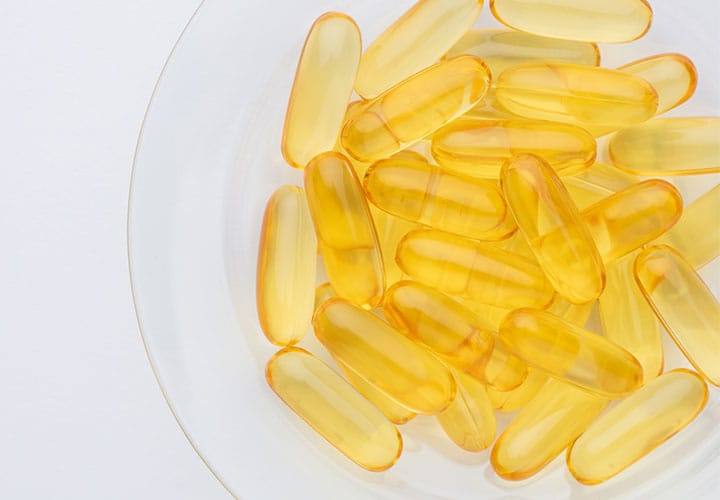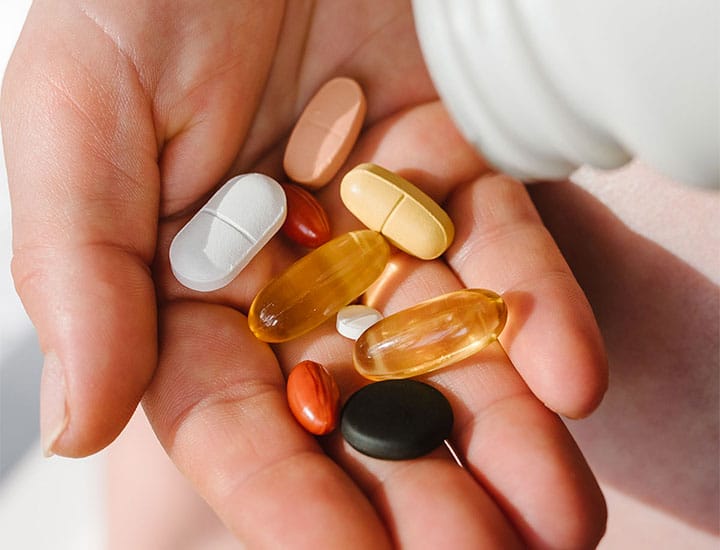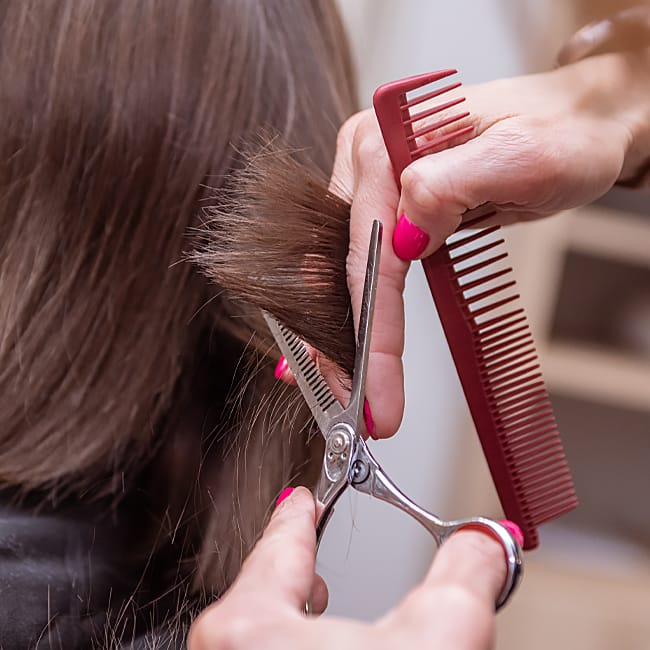In a world overflowing with supplement ads that promise miraculous health benefits, distinguishing the worthwhile from the worthless can be a daunting task. While some supplements might appear to offer an easy route to better health and glowing skin, experts warn that many fall short of their claims.
To shed light on this issue, we consulted doctors, skincare specialists, and conducted our own research to explore two commonly purchased supplements that you might want to reconsider before adding them to your shopping cart. With valuable insights from medical professionals and nutritionists, we’ll guide you through the supplement aisle with a discerning eye, helping you avoid wasting your hard-earned money on ineffective products.
Additionally, we’ll introduce you to two superior alternatives that effectively combat premature aging and breakouts.


2 Supplements That Are Linked To Weaker Skin Barriers And Breakouts, According To Doctors
1. Detox Supplements
Experts often emphasize that detox supplements may lead to skin problems such as breakouts, dryness, and irritation, particularly in anyone with sensitive skin.
Detox supplements (such as "Flat Tummy Teas" or allegedly miracle-working pills) often marketed with promises of cleansing the body and enhancing overall well-being, have faced increasing scrutiny for their questionable efficacy. The fundamental premise behind detox supplements is the notion that they can rid the body of impurities and toxins, providing a fresh start for the internal systems. However, as Dr. Praveen Guntipalli, Medical Director and Owner of Sanjiva Medical notes, this idea runs counter to the natural processes already in place within the human body.
"Detox or cleansing supplements have been heavily condemned for making dubious claims and without scientific proof to support their efficacy," he warns. "These pills frequently claim to cleanse the body of impurities, increase energy levels, and improve general health." However, "These supplements' claims are often hazy and lack substantial evidence." Luckily, your body usually has the whole detoxification thing covered. As Dr. Guntipalli explains, "The human body already has organs that naturally detoxify the system, such as the liver and kidneys." These vital organs play a crucial role in filtering and eliminating toxins from the bloodstream.

2. Whey Protein
As reported by EatingWell, whey protein, a favored supplement among athletes and fitness buffs, is derived from the liquid component of cow’s milk during cheese production. While it's celebrated for promoting muscle growth, research has identified a significant association between whey protein consumption and the onset of acne. This link is potentially due to a hormone called insulin-like growth factor 1 (IGF-1), which is implicated in acne development, explains Dr. Mona Mislankar, FAAD, founder of Cincinnati Skin Center and co-founder of the skincare brand Oathology.
When you consume whey protein, it elevates IGF-1 levels, leading to increased skin cell proliferation and excessive sebum (oil) production, both of which contribute to acne formation. Ingesting whey protein elevates IGF-1 levels, leading to an overproduction of skin cells and excessive sebum (oil), both of which can trigger acne, experts note.

2 Better Anti-Aging Supplement Ideas For Healthy Skin
1. L-lysine
L-Lysine is an amino acid that is a primary building block of collagen, Jordan Dorn, supplement expert, holistic nutritionist and co-founder of Zuma Nutrition, says. He notes that the body requires up to 2-3 grams a day for “optimal collagen synthesis,” an amount that is difficult to obtain from diet alone.
“As important as collagen is, I do not recommend taking a typical collagen supplement,” Dorn says, as most collagen supplements on the market come from animals, which “not only often contain the numerous toxins that industrial agriculture animals are fed,” but are also “very difficult” for the body to use. The collagen molecule, in its whole form, is an extremely large molecule that the body cannot effectively break down and utilize, he continues, as he finds it “far more effective to take the specific nutrients,” like l-lysine, that allow your body to generate its own collagen naturally, “as it always has.”

2. L-Proline
L-Proline is another amino acid that is also an essential component of collagen and the elastin fibers that support connective tissue, Dorn says. “L-Proline works in concert with L-Lysine to synthesize collagen, and collagen synthesis requires 1000mg of proline, which like L-Lysine, can be a difficult amount to obtain from diet.” As you’re probably already aware, collagen is the most abundant protein in the body, accounting for nearly one-third of its protein composition.
Collagen, Dorn adds, gives skin the ability to move, stretch and rebound into shape, and this is known as skin elasticity. “Collagen is not just in the skin, but in our glands, organs, bones, heart valves, brain, liver and lungs as well,” Dorn says. Unfortunately, he continues, after the age of 30, “collagen levels in the body drop 1-2 percent each year, and by age 45 the average person has already lost up to 30%,” leading to wrinkles and a loss of skin elasticity.

The Bottom Line
With that said, taking supplements like L-Proline help you “take the precursors and building blocks that allow your body to synthesize its own collagen,” Dorn stresses, so you can “naturally produce collagen daily and your skin health will improve significantly because of it,” taking on a more tone and firm appearance. The more you know!


























